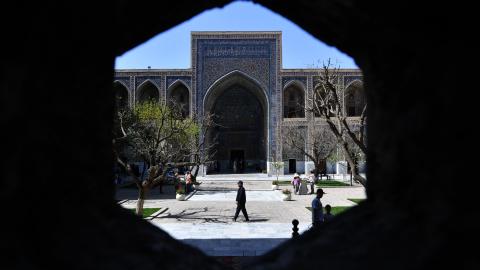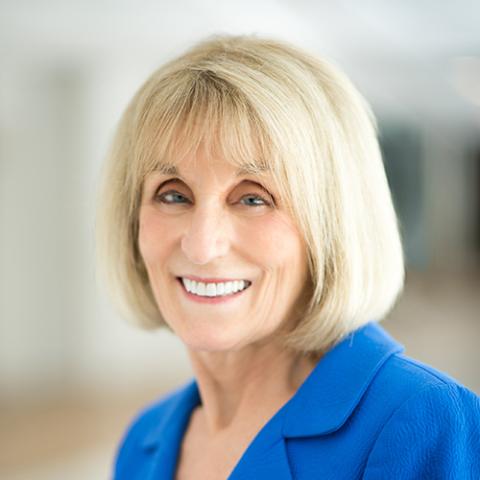WASHINGTON, D.C.—Hudson Institute’s Center for Global Prosperity (CGP) launches the second edition of its Index of Global Philanthropy at the Society for International Development on May 24. The Index is the sole comprehensive guide to the sources and magnitude of American charity—as well as giving from other industrialized nations—to the developing world.
The 2007 Index is the first to compare all developed countries’ aid—government as well as private—to the developing world. This more accurate measure of countries’ generosity keeps the U.S. at the top of all donor nations in absolute amounts, and places it in the top third as a percentage of gross national income (GNI). The new Index reveals that U.S. private giving in 2005 (latest available data), in the form of money, volunteer time, goods, and expertise to the developing world, was at least $95 billion. That is three and a half times the amount of U.S. government foreign aid.
The Index challenges the outdated and incomplete measure used by the Paris-based Organisation of Economic Co-operation and Development (OECD), which compares countries solely on the basis of their official aid. Americans give abroad as they do at home—privately—thus the OECD vastly underestimates the amount and impact of U.S. assistance to the developing world.
The Index spotlights the criticism voiced by European non-governmental organizations that OECD donor countries count “phantom aid” in their race to meet the United Nations’ target of 0.7 percent of GNI to poor countries. Phantom aid includes debt cancellation with years of built up interest that provides no benefit to developing countries today.
“It’s not just about numbers,” says Dr. Carol Adelman, director of the CGP, “it’s about what works and gets directly to people, as opposed to what goes to expensive consultants. This year’s Index shows the remarkable case studies of private giving, with skilled volunteers delivering hands-on assistance at one third the cost of government aid programs.” Anant Nadkarni, a manager at the Tata Group, one of India’s largest corporations and philanthropic leaders, believes that giving to the poor “is not a question of checkbook philanthropy, but of personal involvement.”
In addition to churches, foundations, corporations, charities, and universities, new players are involved who combine altruism with for-profit business models. Bonds issued against small loans to the poor allow private capital to grow the microfinance market; insurance companies are providing low-cost insurance for the poorest of the poor; and immigrants now send money home to villages and families through customized bank accounts, credit cards, and cell phones.
Dr. Adelman adds: “We are delighted to have new research partners for the 2007 Index. Data collection by the Urban Institute, the Foundation Center, the International Institute of Education, the Committee Encouraging Corporate Philanthropy, and the Partnership for Quality Medical Donations, along with new data on remittances from the World




















